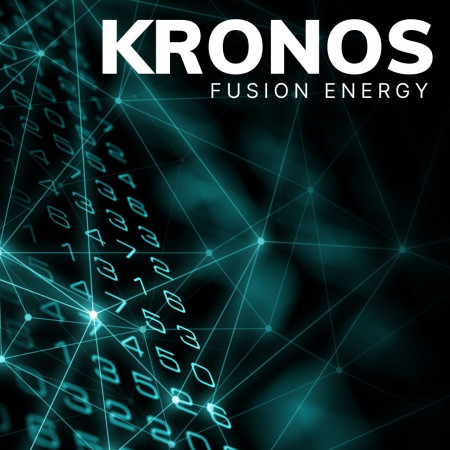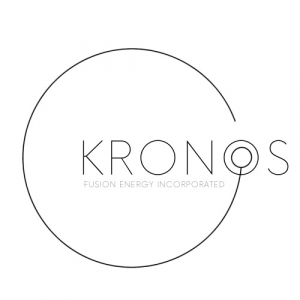How Kronos Could Help the US Win the Fusion and Quantum Computing Race With China

WASHINGTON, March 28, 2022 (Newswire.com) - Major world governments are increasingly focusing on fusion energy research as a potential foundation for gaining the economic and military advantage in the twenty-first century, and perhaps beyond. In this emerging arena of supercharged competition, the quantum computing systems, algorithms, and tokamak design plans developed by Kronos Fusion Energy Defense Systems could be a key factor in winning a significant edge for the USA over its economic and political rival, China.
Fusion energy, known theoretically since 1920, promises potentially near-limitless energy generation, free from polluting or radioactive byproducts. With rising petroleum costs and the looming specter of global warming, developing workable fusion technology is more urgent than ever. The first country to make breakthroughs to practical fusion will become the world's energy leader, giving its decisive advantage in commerce, defense, and space exploration that could last for generations.
With immense government backing and funding, most recently reinforced in China's 14th Five-Year Plan, Chinese scientists seemingly lead the world with the $900 million Experimental Advanced Superconducting Tokamak (EAST). The EAST recently set records by maintaining stable plasma at 120 million degrees for more than 1.5 minutes. China budgeted hundreds of millions more to operate and upgrade the EAST reactor, while funding the training of over 1,000 new fusion physicists.
China's vigorous fusion program is committed to developing its quantum computing resources. Centered on the recently founded Chinese National Laboratory for Quantum Information Sciences, the program has received billions of dollars in funding. China currently holds 2.5 times more patents in deep learning than America, as well as a cornerstone of advanced quantum computing, while aggressively pursuing further developments. Chinese premier Xi Jinping even describes these technological sectors as the "main battleground" between the USA and China.
Currently, the edge in these economically and strategically vital technologies arguably belong to the PRC. However, Kronos offers the potential to redress this balance by bringing together quantum computing and fusion energy into a single powerful project. Harnessing the ability of quantum devices, neural networks, and machine learning to crunch immense quantities of data, while testing a multidimensional array of thousands of problems, learning and adapting in real-time, the potent simulations Kronos has developed should enable building fusion tokamaks 4,000% more effective than current reactors.
Kronos believes the lightning-fast development and analysis cycle provided by its algorithms will empower the U.S. to leapfrog twenty years ahead of China in fusion energy generation. Its quantum computing systems will not only enable developing precise, efficient fusion reactor designs, compact fusion engines for spacecraft, and other fusion technology, but demonstrate the viability of quantum learning as a breakthrough tool of economic and scientific success. Kronos' cutting-edge "proof-of-concept" will potentially attract robust public and private investment to the wider quantum research sector, putting the USA on course to achieve superiority not only in tokamak design but also in quantum computing research.
PR Contact: Erin Pendleton - pr@kronosfusionenergy.com
Source: Kronos Fusion Energy
